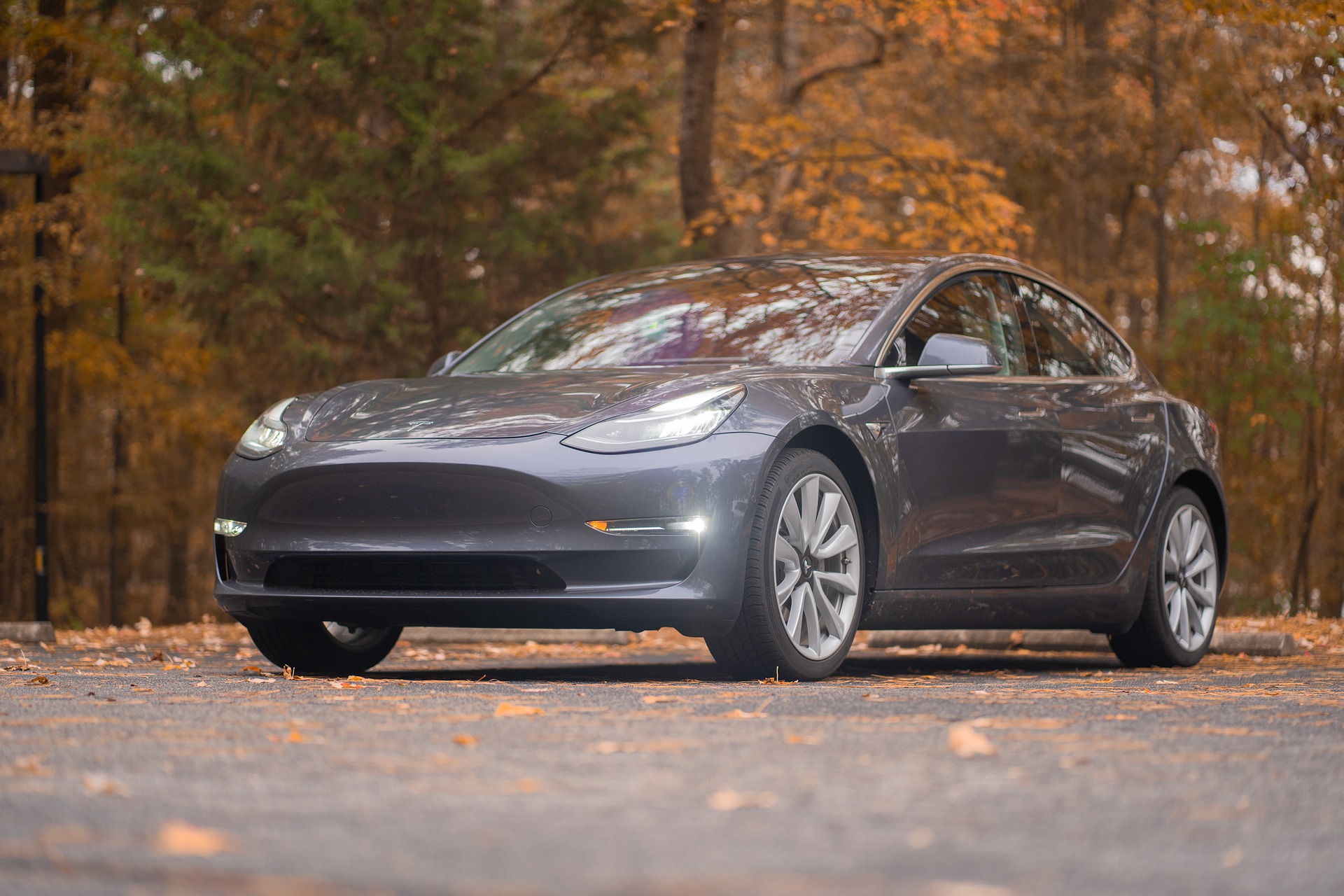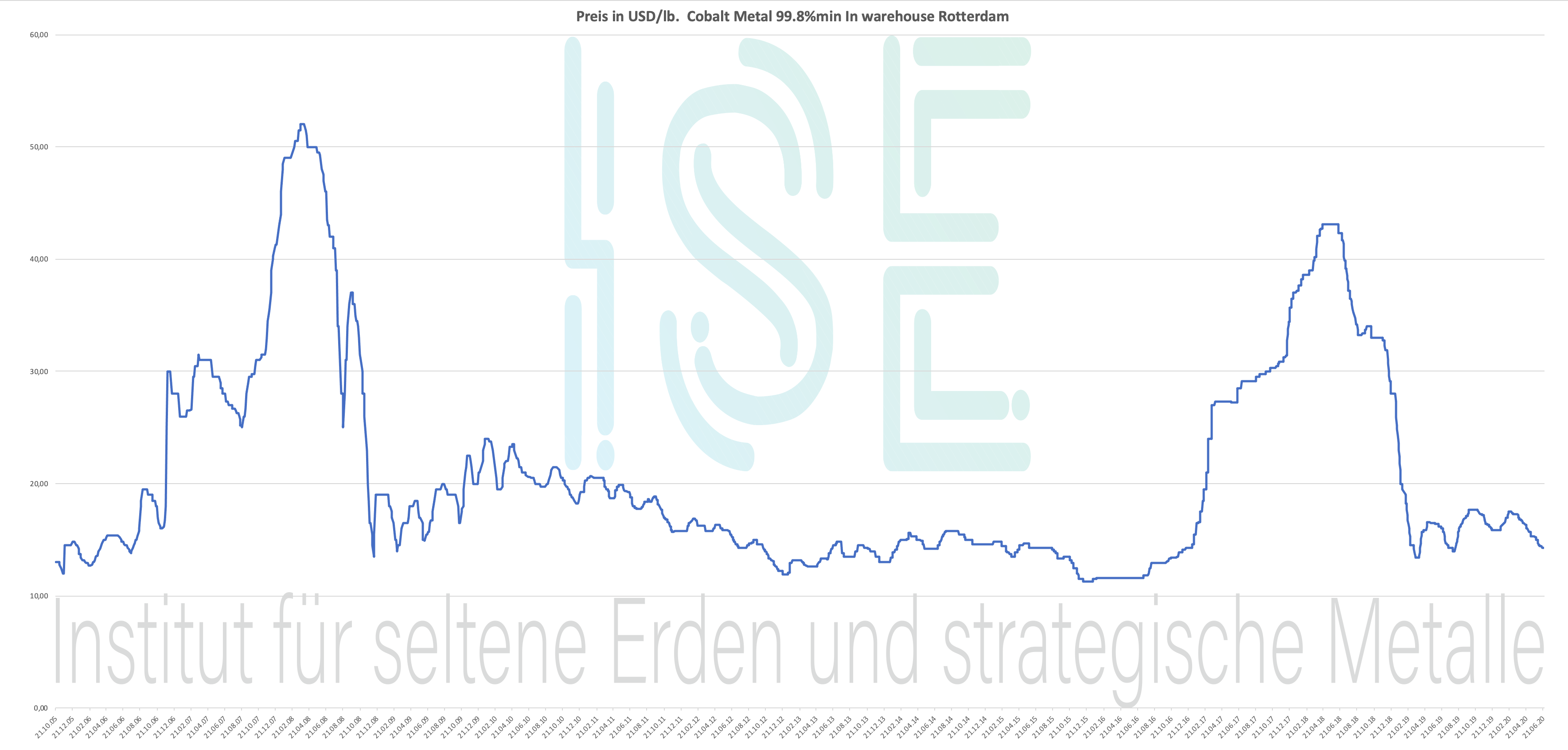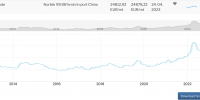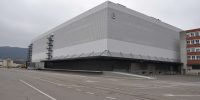Tesla's reluctance to cobalt is a warning to others.

To date, Tesla and its battery partner Panasonic have largely used a nickel-cobalt-aluminum formula (NCA) in their lithium-ion batteries. (Image: Tesla)
The unpredictable Elon Musk strikes again.
Just when his electric vehicle company Tesla appeared to be moving away from using cobalt in his batteries, he signed a long-term supply contract for the controversial metal with Glencore.
This from the man who vowed to eliminate cobalt from the Tesla product mix because of its financial cost and the reputation cost of a metal associated with child labor and poor safety conditions in small mines in the Democratic Republic of the Congo, the world's dominant one Producers, stands.
Tesla is not the first car company to agree future cobalt deliveries with a mining company. BMW did the same last year, also with Glencore and with the Bou Azzer mine in Morocco.
But Tesla is the flagship of the EV revolution, and its business with Glencore is of strategic importance to the global battery raw material supply chain.
It is a boost to cobalt's prospects, both in terms of physical demand and, more importantly, in the obvious admission that cobalt as a battery material won't go away anytime soon.
It is also a warning to other car companies that if they want cobalt, they have to take control of their own supply chain.
Choice of batteries
To date, Tesla and its battery partner Panasonic have largely used a nickel-cobalt-aluminum formula (NCA) in their lithium-ion batteries.
Other automotive companies targeting the car market have adopted nickel-manganese-cobalt (NMC) technology.
Everyone has tried to reduce the proportion of cobalt in the composition of the metals. Cobalt is expensive and is currently traded on the London Metal Exchange at around $ 33.000 a ton. It has a history of volatility in both price and supply, which is dominated by production in both the official and artisan sectors in the Congo.
The human costs of artisanal mining also weigh heavily on an industry heading for a green and socially responsible future.
Tesla's desire to turn away from cobalt consumption appeared to be confirmed by the revelation that his new Chinese plant would use cobalt-free batteries.
Lithium iron phosphate batteries (LFP batteries) have been around for a long time, they are cheaper than batteries containing cobalt, but they do not have sufficient energy efficiency. The largest market is China, where they are used in vehicles that do not need a long range or high performance, such as municipal garbage trucks.
However, it seems that Chinese manufacturers of LFP batteries like Contemporary Amperex Technology Co Ltd (CATL) have silently improved the technology so much that Tesla is now interested in using it in its Model 3 vehicles in China.
However, it is clear from the Glencore business that Tesla, however hesitant it may be, will continue to use cobalt in other areas.
Tesla's willingness to consider a range of battery types is evidence that the EV revolution will be characterized by several different technologies, depending on the vehicle type and geographic market.
And some of them will at least use cobalt.
Cobalt blues
The Tesla agreement to purchase 6.000 tons of cobalt per year from Glencore, Congo, is a double impetus for the market that provides long-term confirmation of demand and a short-term opportunity to reduce excess inventory.
The cobalt market has not yet recovered from the crash after the 2017-2018 price boom, as too much supply, particularly from the Congo-based craft sector, dampened demand.
Last year, Glencore set up its Mutanda mine in the Congo for two years of care and maintenance, while its Katanga mine had almost 2019 tonnes in stock at the end of 13.000.
These stocks weighed heavily on the price. Fastmarkets for standard quality cobalt is currently at an 11-month low of $ 14,75 per kilogram ($ 30.250 per ton).

However, Glencore recently signed a number of supply agreements with battery manufacturers, and now with Tesla, signaling that the company has “placed a strategic focus on forward sales of its built-up hydroxide inventory,” according to analysts at Roskill.
The research firm estimates that Glencore has now completed sales that represent approximately 82% of Katanga's production. This, combined with the Mutanda about care and maintenance, "significantly reduces the amount of cobalt available on the free market".
This could translate into an accelerated price recovery when the next EV-led surge in demand occurs.
It also means that potentially less is available for everyone else. There are several new cobalt mines in the planning or development phase, but the Congo and its miners will remain the dominant supplier for the foreseeable future.
This simple fact explains why Tesla went straight to securing its own supply with the country's largest non-Chinese producer.
Other car manufacturers could take note of this.
Security of supply
Tesla's move to take direct responsibility for its cobalt supply is not without risk.
While Glencore may be a London-based multinational, it is not immune to the negative headlines associated with doing business in the Congo.
It is under intensive official observation; the Swiss Federal Prosecutor's Office (OAG) joined the list of ongoing investigations into his behavior in the country last week.
Last year, 43 “illegal” miners died in Glencore's Kamoto concession, a human tragedy compounded by the government's decision to force the area to evacuate the area.
However, Tesla has obviously decided that the risk of not getting enough cobalt in the future outweighs the potential reputational risks associated with direct supplies from the Congo.
Such direct mine procurement is not the norm for car companies. For example, they don't directly buy the iron ore that goes into the steel they use. Or the bauxite from which the aluminum is made.
But cobalt is different. There is not much of it, and too much of what is comes from the Congo.
The EV revolution may have come to a standstill through covid-19, but the expansion of battery production capacity has continued uninterruptedly.
And since the European Union in particular is concentrating its economic stimulus package for industry on “green” technology, the next wave of EV could already be on the way.
Tesla's hesitant commitment to cobalt is a warning sign for other automakers who may need to do the same if they want to be sure they have enough of the cobalt to meet the upcoming surge in demand.
ISE June 2020 - Arndt Uhlendorff




